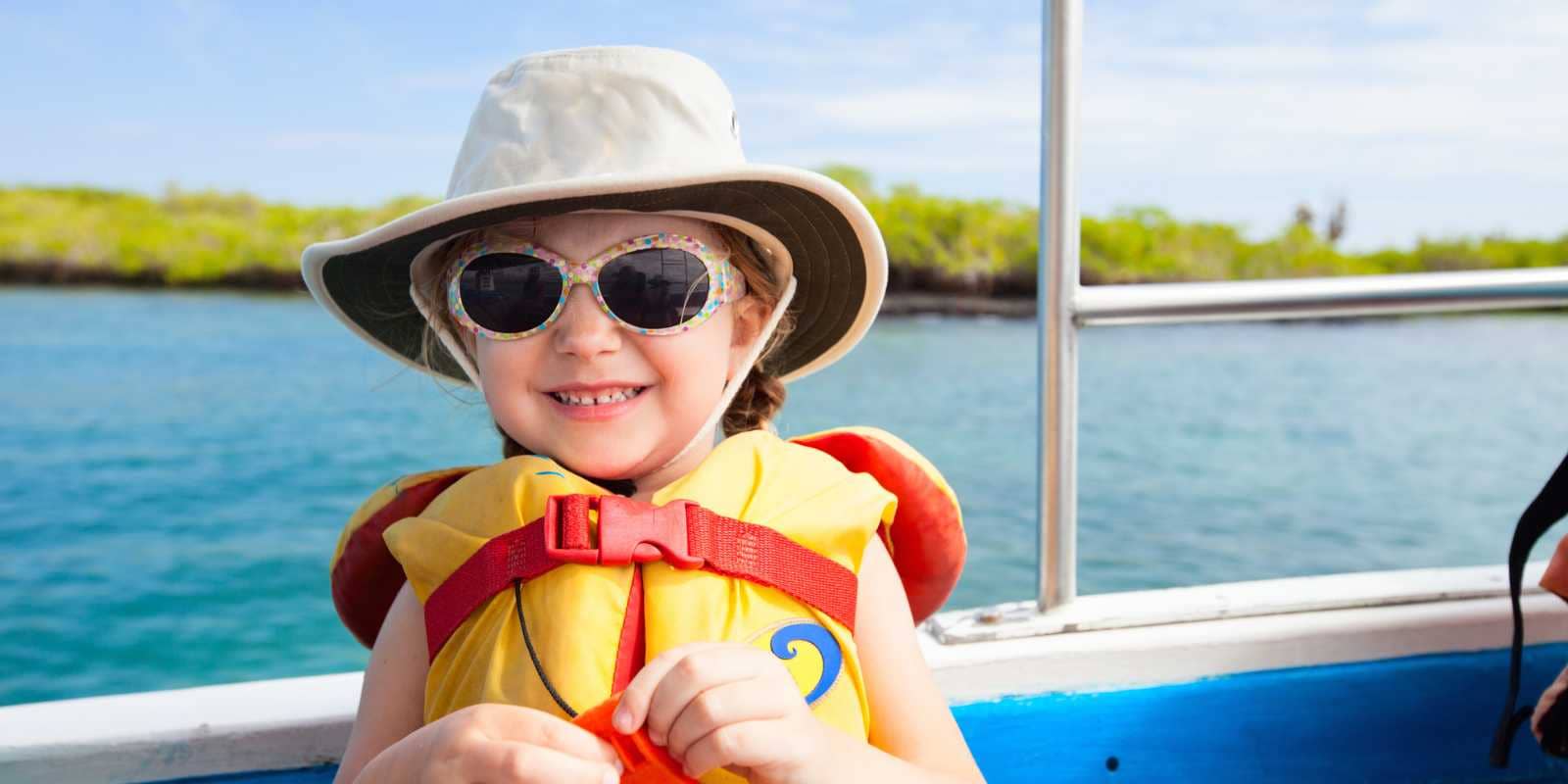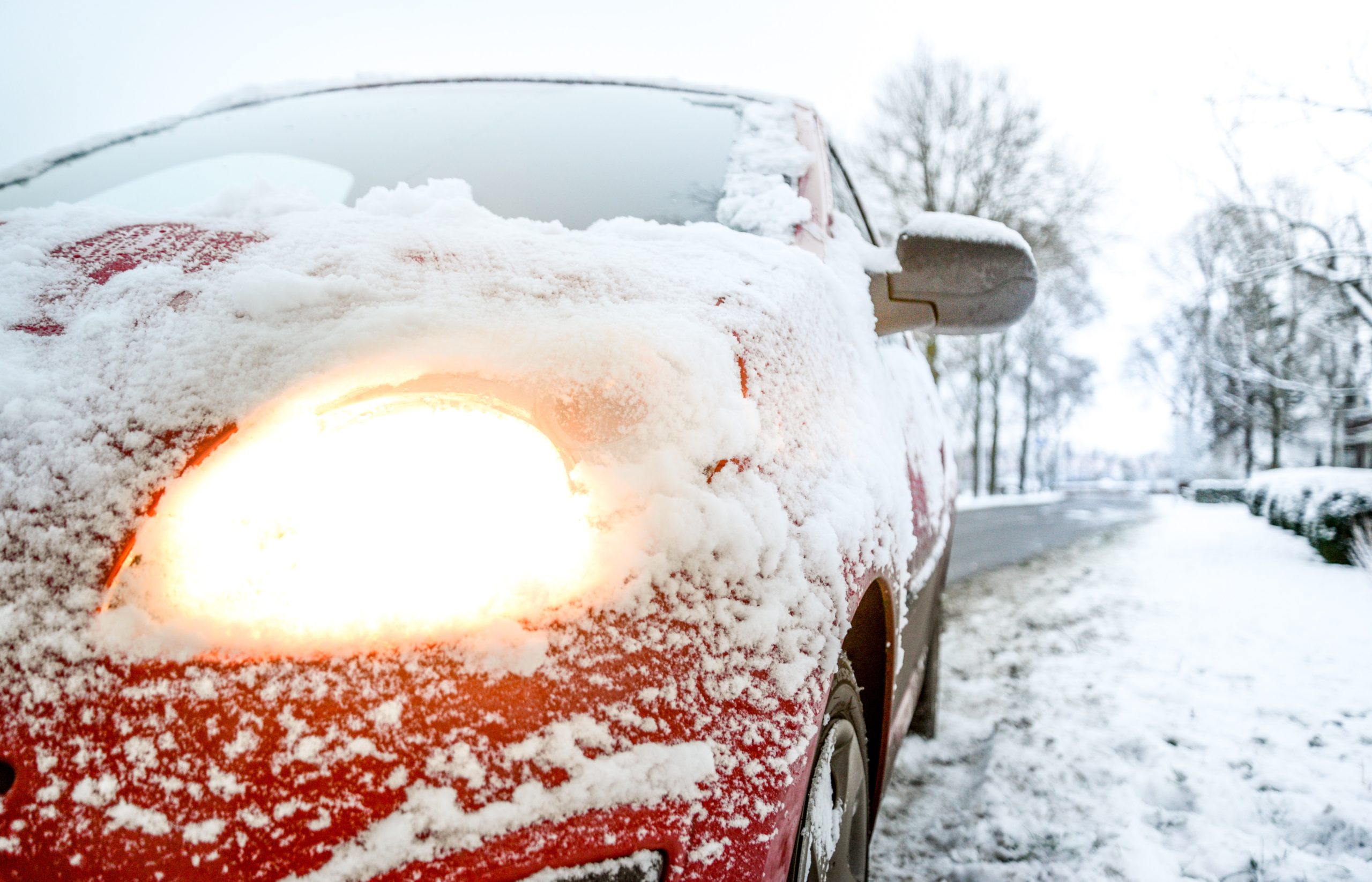Navigating Boating Safety: 5 Tips for a Safe and Enjoyable Experience

Are you planning a boating trip? As exciting as it may be, it’s crucial to prioritize safety on the water. Boat accidents can happen unexpectedly and lead to injuries, property damage, and even loss of life. But with a few tips and knowing what to do in case of an accident, you can minimize risks and ensure a safe and enjoyable experience.
Here are five boating safety tips you should know before getting out on the water.
Tip 1: Wear a Life Jacket
Wearing a life jacket is the most crucial safety measure you can take while boating. Accidents can happen suddenly, and wearing a properly fitted and Coast Guard-approved life jacket can save your life or the lives of your loved ones. Ensure that everyone on board has a life jacket, and remember that children should always wear one that fits them properly.
Tip 2: Follow Speed Limits and Navigational Rules
Speeding on the water is dangerous and increases the risk of accidents. Always obey the posted speed limits and be aware of any restricted areas. You should also familiarize yourself with the navigational rules and right-of-way regulations to avoid collisions with other vessels. Be vigilant and attentive, especially in congested areas.
Tip 3: Be Aware of Weather and Water Conditions
Weather conditions can change rapidly; stay informed before heading out on the water. Check the weather forecast and be aware of any potential storms or rough waters. If the weather deteriorates while you’re boating, seek shelter immediately. It’s better to postpone your trip than to put yourself and others in danger.
Reduced visibility, strong currents, and unpredictable conditions can quickly turn a pleasurable outing into a risky situation. Always be prepared and equipped with the necessary safety gear, including waterproof jackets, extra flotation devices, and emergency signaling devices.
Tip 4: Avoid Alcohol and Drug Use
Operating a boat under the influence of alcohol or drugs is illegal and extremely dangerous. Alcohol and drugs impair judgment, coordination, and reaction time, increasing the risk of accidents. Always designate a sober boat operator or refrain from consuming alcohol or drugs while boating.
Tip 5: Maintain and Inspect Your Boat Regularly
Regular maintenance and inspections are crucial for safe boating. Before every trip, ensure that your boat’s mechanical systems, such as the engine, steering, and navigation lights, are properly working. Check for any signs of wear and tear, and ensure that safety equipment, including fire extinguishers and distress signals, are readily accessible. Neglecting maintenance can lead to equipment failures and potentially dangerous situations.
What to Do in Case of a Boating Accident
Despite taking all the necessary precautions, accidents can still occur.
In case of an accident, stay calm and act fast with these eight steps:
- Ensure safety — Check for injuries and ensure the safety of everyone on board.
- Contact emergency services — Dial the emergency services number in your area and provide them with detailed information about the accident. Follow their instructions and cooperate fully with their response efforts.
- Document the scene —If it’s safe, document the accident scene. Take photographs or videos showing the damages to the vessels and any other relevant details.
- Collect information — Gather contact information from witnesses present during the accident.
- Report the accident — Following local laws and regulations, report the accident to the appropriate authorities. This may include the local police, the Coast Guard, or other relevant agencies.
- Seek medical attention — Even if you don’t initially notice any injuries, it’s important to seek medical attention after a boating accident.
- Contact your insurance provider — Notify your insurance provider about the accident immediately.
- Consult with legal professionals — If you or any passengers have suffered injuries or significant damages, consulting with a personal injury attorney experienced in boating accidents can help make the process less confusing and protect your rights.
Remember, every boating accident is unique, and the specific actions you need to take may vary depending on the circumstances. It’s important to use your judgment and prioritize the safety of all individuals involved. Seek professional assistance and legal advice to protect your rights, and to help you receive appropriate compensation for any damages or injuries.
Contact Onward Injury Law Today
If you or someone you know has been involved in a boating accident and sustained injuries, protecting your rights is important. At Onward Injury Law, our team handles personal injury cases, including boating accidents. Our experienced personal injury attorneys can guide you through the legal process and help you recover the compensation you deserve.
Contact us today for a free case review.



